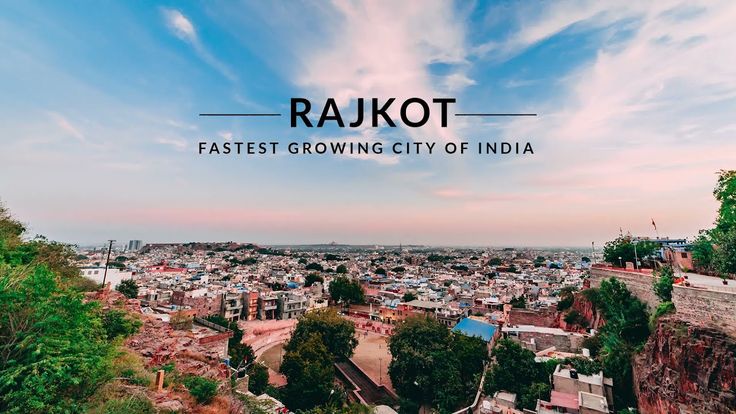BIS Quality Control Orders: Balancing Standards and Survival for MSMEs

India’s manufacturing ecosystem has undergone a dramatic regulatory shift in the past three years. The Bureau of Indian Standards (BIS), the national authority on quality and safety standards, has issued an unprecedented number of Quality Control Orders (QCOs), mandatory directives that require products to carry the BIS certification mark before they can be manufactured, sold or imported.
As of March 2025, nearly 187 QCOs cover close to 680 product categories, a remarkable expansion compared to a decade ago. What is striking is the pace: close to 45% of these orders have been issued in just the past three years. Between 2023 and 2025, items as varied as aluminium sheets, ceiling fans, jute bags, medical textiles, stainless steel pipes, solar thermal systems and even everyday household items like helmets and water bottles were brought under mandatory certification.
Expanding the Regulatory Net
The coverage of QCOs is far from complete. The government is set to widen the net in the coming 12–18 months. Upcoming notifications target aluminium alloys, wrenches, spanners, screws, several categories of household electrical appliances, and a broad list of chemicals. While some of these orders are scheduled to take effect in late 2025, others particularly those affecting appliance manufacturers have been deferred to March 2026 to allow industry more preparation time.
This indicates a dual-track approach: assertive in scope but flexible in rollout. The government appears keen to maintain the credibility of its “Make in India” and export competitiveness agenda, while recognising that abrupt enforcement could derail smaller businesses.
The Compliance Burden on MSMEs
For India’s 63 million MSMEs, these QCOs are both an opportunity and a challenge. On one hand, certified products inspire confidence among domestic and international buyers. On the other, the compliance burden can be overwhelming.
The costs of certification application fees, repeated testing charges and logistics of transporting samples to accredited labs hit smaller firms disproportionately. Many industrial clusters, such as textile hubs in Surat or small electrical equipment workshops in Bhiwadi, lack local BIS-approved labs. Firms are forced to send samples to distant states, delaying production cycles and raising costs.
Supply chains are equally stressed. If imported raw materials suddenly require BIS certification, overseas suppliers must obtain licenses, delaying procurement and inflating costs. Textile MSMEs dependent on synthetic fibres or steel fabricators needing specialty alloys have reported frequent disruptions since their inputs were brought under the QCO framework.
Timing and Competitive Imbalances
The pace at which QCOs are notified has created its own set of risks. Smaller firms often receive very little time to comply before enforcement begins. This leads to last-minute scrambling securing lab slots, negotiating with suppliers or even halting production to avoid penalties.
In contrast, larger corporates, with in-house testing facilities and regulatory teams, are able to adapt far more quickly. This creates an uneven playing field where smaller firms struggle to meet deadlines, while bigger players consolidate market share. The concern is not just about compliance but about the survival of thousands of smaller enterprises.
Government Response and Policy Adjustments
Recognising the challenges, the government has initiated corrective measures. A high-level committee chaired by Cabinet Secretary Rajiv Gauba is reviewing how to make the compliance process less onerous for MSMEs. Options under discussion include:
- Phased timelines for smaller firms to implement QCOs.
- Third-party inspections to supplement BIS’s limited lab network.
- Simplified self-declaration processes for low-risk products.
- Sector-specific support packages, including subsidies for testing costs.
Several deadlines have already been extended, such as those covering textile machinery, while some chemical items have been withdrawn from the QCO list after stakeholder consultations. These adjustments reflect an evolving attempt to balance standardisation with industrial feasibility.
The Road Ahead for MSMEs
For MSMEs, surviving and thriving in this new regulatory landscape requires foresight and adaptation. Firms must actively monitor the BIS website and government gazettes to anticipate which products will come under certification. Building early partnerships with BIS-approved labs or forming cluster-based shared testing facilities can spread costs and reduce bottlenecks.
Strategic budgeting for compliance, engaging through trade associations, and lobbying for realistic timelines are no longer optional but essential. MSMEs also need to factor compliance into their export strategies since foreign buyers increasingly demand certified inputs.
A Double-Edged Sword
The push for quality standards is not misplaced. For India to become a credible player in global supply chains, its manufacturing base must align with international benchmarks. Poorly regulated products erode trust, both in export markets and among domestic consumers.
However, if the system becomes overly rigid, it risks erecting barriers that only large corporations can overcome. For MSMEs, which employ over 110 million people and contribute nearly 30% of GDP, this could mean exclusion from the formal market they are meant to power.
The future of India’s quality regime lies in striking a careful balance, raising the bar on product quality while ensuring that MSMEs are not left behind. Stronger testing infrastructure, targeted financial support, phased enforcement and transparent communication can transform QCOs from a regulatory burden into a springboard for small enterprises.
Done right, these measures will not just enforce compliance but also elevate Indian MSMEs into globally competitive players. Done poorly, they could become a moat that deepens inequality within the manufacturing sector. For a country betting on its small businesses as engines of growth, the stakes could not be higher.











